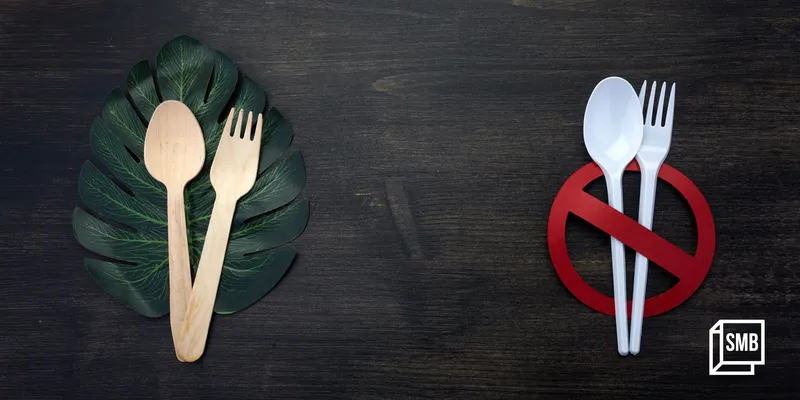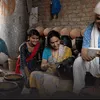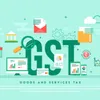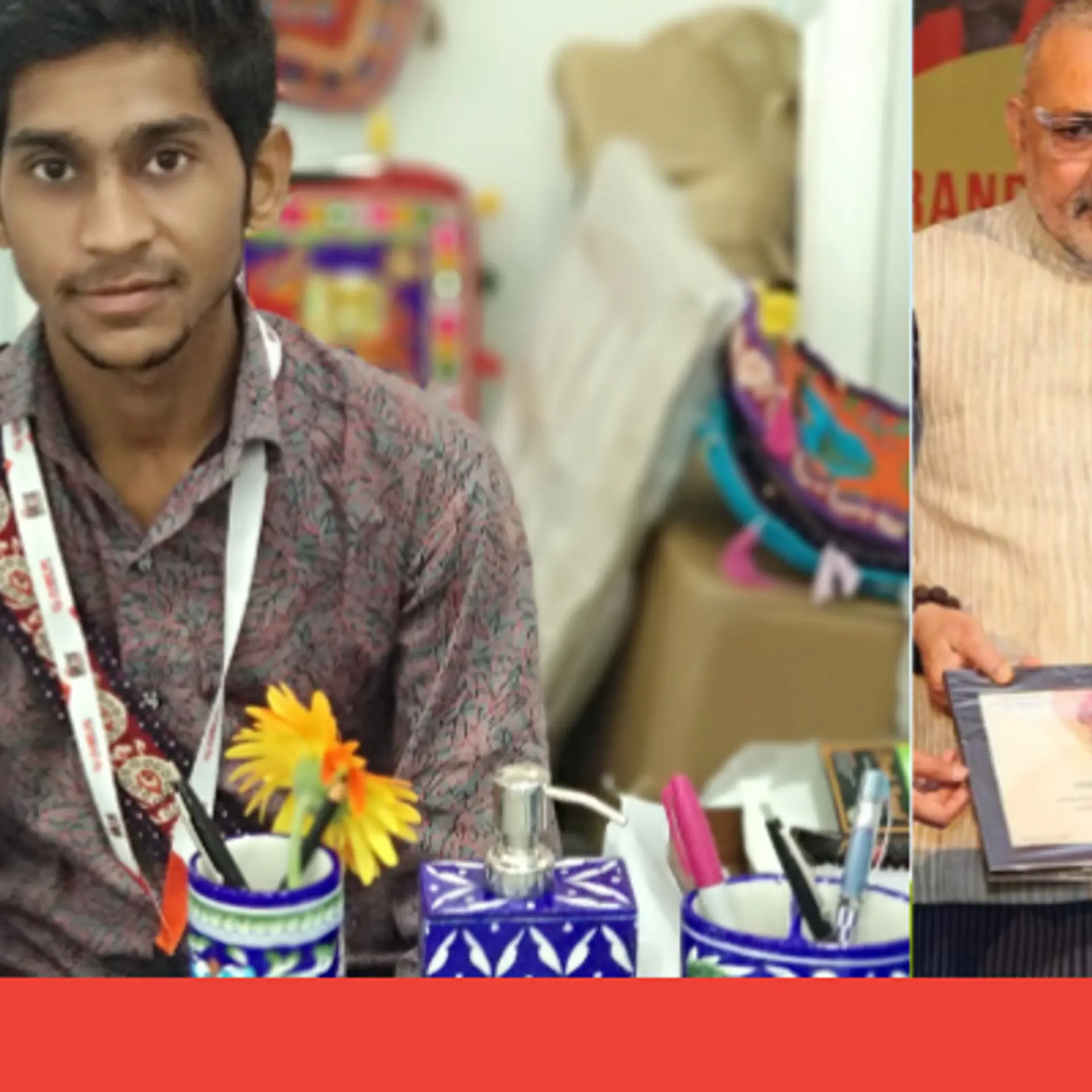Plastic ban: It's challenging, but businesses are finding ways to cope
About a month ago, the Ministry of Environment, Forest, and Climate Change banned single-use plastic products. SMBStory spoke to stakeholders in the ecosystem to understand the impact of the ban on small businesses and how they are finding ways to adapt to the new normal.
On a hot and humid Sunday afternoon, Kishore Sharma sits outside his shop on a commercial street in Delhi, with nothing much to do. He sells plastic spoons, plastic plates, and other items, but the sales have not been great. “Business kaafi thapp hai (business is very low). People have reduced buying plastic spoons and knives,” he says, in despair.
It’s been a month since the notification banning single-use plastic products came into effect, and sellers like Kishore are having a tough time finding buyers.
Kishore says people come to his shop to buy plastic items only when they are celebrating their children’s birthdays. Otherwise, the demand is low, he rues. His other concern is the huge amount of inventory left with him. Getting rid of it altogether would mean a huge loss for him.

Drop in demand
On July 1, the Ministry of Environment, Forest, and Climate Change issued a notification banning the manufacture, import, and sale of 19 plastic items, including spoons, straws, and forks. This has led to an inevitable drop in consumer demand.
Kishore’s situation is sombre, but many sellers are finding ways to cope with the challenge.
Ratan, who runs a mobile repair and accessories shop on the same street, says he has replaced plastic screen guards with glass guards.
Mangu Metha, another seller of plastic items, seems unperturbed. He says that, despite the notice, it will not be possible to eliminate plastic completely, in one go, from the system. “It is not that easy that you make an announcement one day and we start following it from the next day,” he says, matter-of-factly. “After all, this is India…” he trails off.
Ranmal Raj, who sells vegetables at the end of the street, has replaced polythene bags with cloth bags, but this shift comes at a cost. Earlier, he bought around 100 polythene bags for Rs 140 but now he buys a packet of cloth bags (consisting of 28 bags) for Rs 180. Though the cost has gone up for him, he says, “Bhot baar log khud hi kapde ke bags le aate hai (people bring their cloth bags many times).”
Shift in consumers' mindset
People are slowly becoming aware of the consequences of plastic and are trying to make sustainable choices. Segregation of waste at the source and carrying one’s own bags while shopping are some of the practices that can help in the long run. But more consumers need to shift to this alternative lifestyle for the plastic ban to be effective.
Niranjan Khatri, Founder of iSambhav, a sustainability training organisation, points out that it was a common practice among people to carry cloth bags for shopping in the 1970s and 1980s. Such habits have to be revived, he says.
Impact of the ban
Coping with the changes that come with the plastic ban is not easy.
Using alternative methods of packaging has its share of challenges in terms of cost, says Vikas Kumar, Founder, Go Grocer, a D2C grocery brand. “Alternative packaging cost is very high. The cost could go up by 15%. Also, if you replace plastic straws with paper straws, then you have to cut trees.”
MSMEs across different sectors are not too happy with the ban. The All India Plastic Manufacturers Association has stated that as many as 88,000 units manufacturing single-use plastic could go bankrupt in the wake of the ban. It will impact the economy adversely, as the MSME sector contributes 30% to India’s GDP and is the second largest employer in the country.
However, Vikas says imposing such restrictions are necessary and it is imperative to find solutions to deal with the plastic menace.
Niranjan of iSambhav recalls what happened in the nineties when over 1 lakh MSMEs were shut in Delhi because “they weren’t following the best industrial practices, taking environmental hazards into account.” While it caused inconvenience, it helped improve the air quality. Similarly, plastic ban will cause immediate inconvenience, but it will be beneficial in the long run, he says.

Opportunities
While the plastic ban has adversely affected some businesses, it has also given rise to business opportunities and innovations.
The demand for bamboo and wood has increased significantly from manufacturers, who are looking to switch to ecofriendly options. On the Justdial local search platform, the search for wood and bamboo dealers went up by 22% in tier 1 cities and 29% in tier 2 cities in the last one month.
Several companies are working on developing products that can replace single-use plastic.
Bengaluru-based Sunbird Straws makes straws from fallen and naturally dried coconut leaves. Chennai-based chocolate manufacturer Cocoatrait uses paper made from upcycled, reclaimed cotton and cocoa husk for the outer layer of its packaging. No plastic is used in the packaging, says the company’s founder, L. Nitin Chordia.
Niranjan says when stringent steps are taken, businesses, especially the larger and more innovative ones, will come up with solutions to fill the gaps and serve the needs of consumers. He cites the example of using agro residues to make cups and plates.
Long-term solution
The road to sustainability seems long and arduous, fraught with several challenges along the way.
According to Chordia, in the long term, plastic must be removed from the entire supply chain and not just in the end product stage. However, he says, getting rid of plastic completely from the system will be a big task, as it is cheap and easy to source and transport.
Edited by Swetha Kannan









